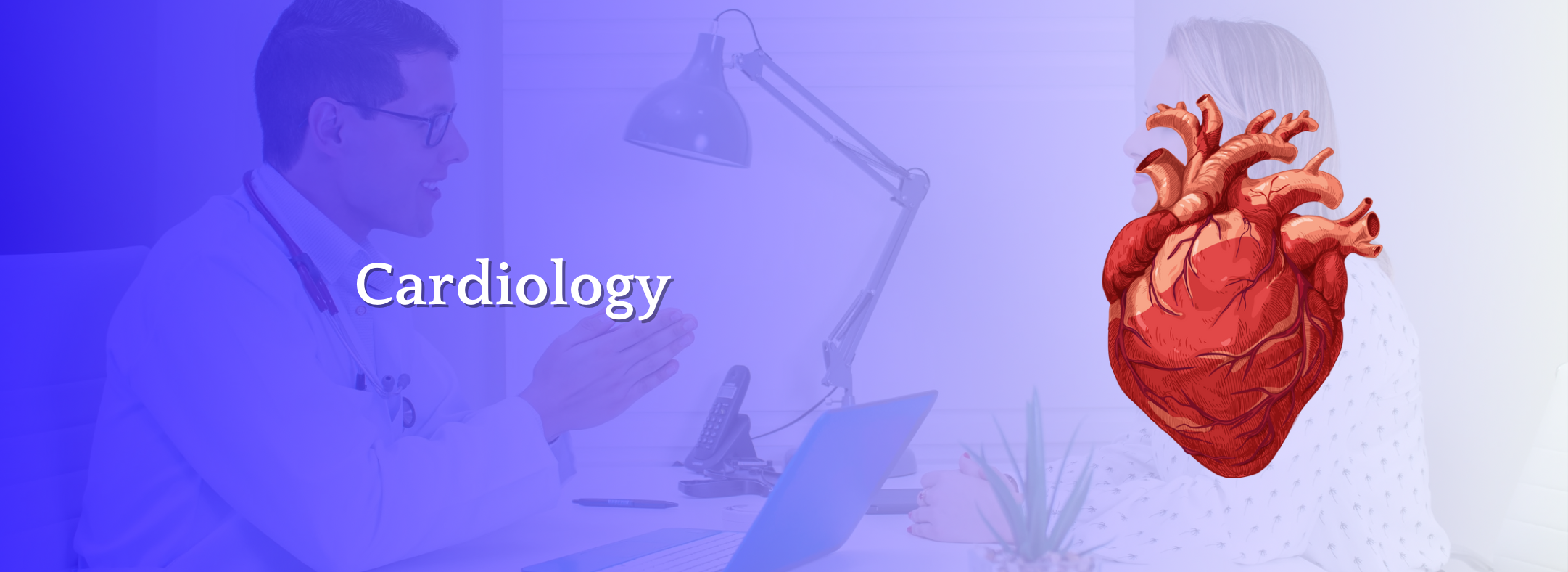
Cardiology is a branch of medicine that deals with disorders of the heart and blood vessels. Treatments in cardiology are diverse, depending on the specific condition, its severity, and the patient’s overall health. Here are some common treatments in cardiology:
Management of cardiac conditions typically involves a combination of these treatments, personalized to each patient’s needs. Regular follow-up with a cardiologist is crucial for monitoring and adjusting the treatment plan.